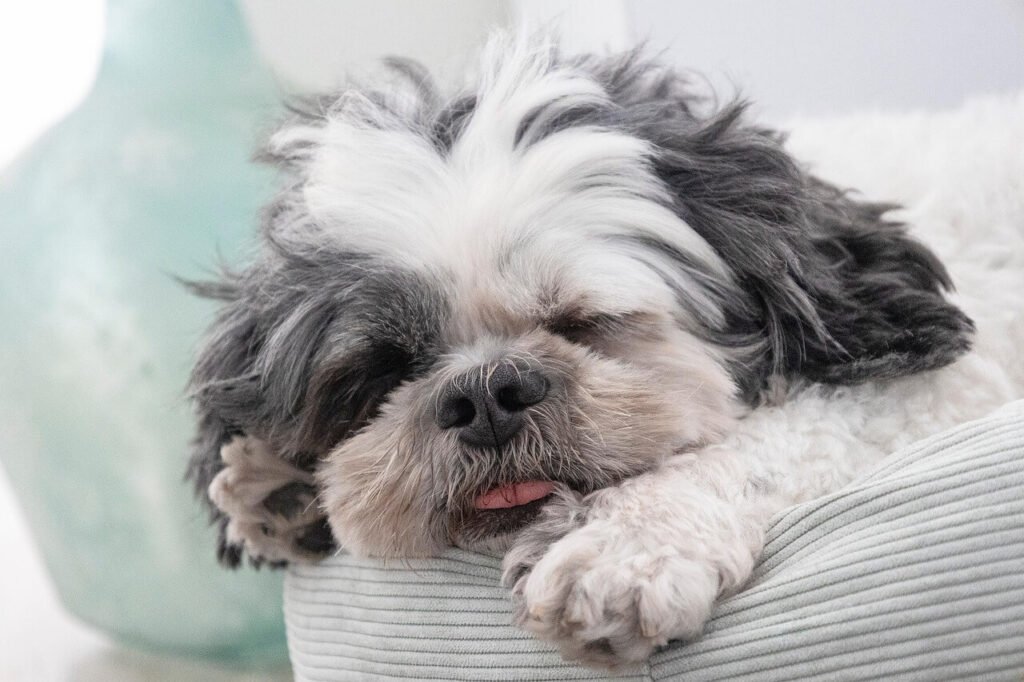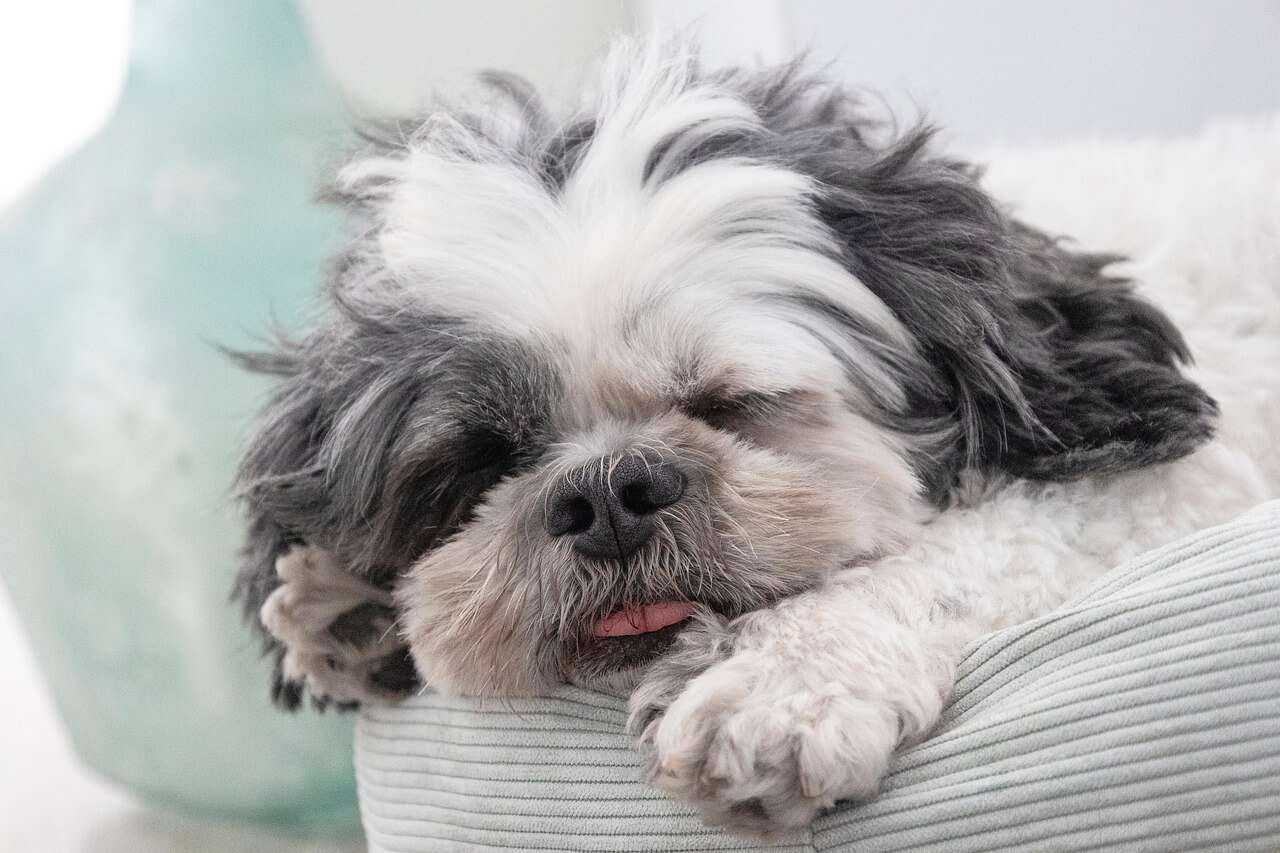Why Do Dogs Sniff Butts? Decoding This Curious Canine Behavior
If you’ve ever observed dogs meeting each other, you’ve likely noticed one of their most distinctive habits: sniffing butts. While this behavior might seem odd or even embarrassing to us humans, it’s actually a completely normal and essential part of canine communication. But why do dogs sniff butts, and what are they really learning from this seemingly strange ritual? In this blog post, we’ll dive into the science behind this behavior, explore its purpose in the dog world, and shed light on how it helps our furry friends understand each other. By the end, you’ll have a deeper appreciation for this quirky yet fascinating aspect of doggy life.
What Are Dogs Learning When They Sniff Butts?
When dogs sniff each other’s butts, they’re not just being nosy—they’re gathering valuable information about the other dog. A dog’s sense of smell is incredibly powerful, and their anal glands play a key role in this exchange. Here’s what they’re picking up during these encounters:
The other dog’s identity, including gender and age
Emotional state, such as whether the dog is calm, anxious, or excited
Health status, including potential illnesses or hormonal changes
Diet and recent meals based on scent traces
Familiarity—whether they’ve met before or are strangers
Through this process, dogs can quickly assess whether the other dog is a friend, foe, or neutral acquaintance. It’s like their version of a handshake or introduction, packed with far more detail than we could ever imagine.
The Science Behind Butt-Sniffing in Dogs
To truly understand why dogs sniff butts, it’s important to look at the biology and chemistry involved. This behavior isn’t random—it’s rooted in their anatomy and evolutionary history. Here’s how science explains this unique form of communication:
Dogs have over 300 million olfactory receptors, compared to just 5-6 million in humans
Anal glands located near a dog’s rectum release unique scent chemicals called pheromones
Pheromones provide detailed information about the dog’s health, mood, and reproductive status
The Jacobson’s organ (vomeronasal organ) helps dogs interpret these scents more effectively
Evolution has shaped this behavior as a survival mechanism for social interactions
Understanding the science behind butt-sniffing highlights just how sophisticated dogs’ communication methods are. For them, this behavior is as natural as breathing—and far less awkward than it seems to us!
Check this guide 👉Understanding Dog Butt Glands: Best 7 Expert Tips!
Check this guide 👉Why Is My Dog Biting at Their Butt? Best 7 Behavior Tips!
Check this guide 👉Why Is My Dog Scooting Their Butt on the Floor? Best 7 Tips!

Why Dogs Sniff Butts | How Humans Communicate Similarly |
|---|---|
Identifying individuals | Recognizing faces or voices |
Assessing emotions | Reading body language or tone |
Gathering health info | Noticing physical appearance |
Determining familiarity | Recalling past interactions |
Understanding social cues | Interpreting gestures or expressions |
Why Is Butt-Sniffing So Important for Dogs?
Butt-sniffing serves several crucial functions in the canine world, making it an indispensable part of their social structure. Without it, dogs would struggle to navigate relationships and understand the world around them. Here’s why this behavior is so vital:
Establishes trust and familiarity between dogs
Helps maintain social hierarchies within groups
Prevents misunderstandings by clarifying intentions
Facilitates bonding during greetings
Provides a non-verbal way to resolve conflicts
By engaging in this behavior, dogs create a harmonious environment where they can coexist peacefully. It’s a reminder that their “strange” habits often serve profound purposes.
How to React When Your Dog Sniffs Another Dog’s Butt
As pet owners, it’s natural to feel unsure about how to handle your dog’s butt-sniffing tendencies, especially in public settings. However, understanding this behavior can help you respond appropriately. Here are some tips for managing these moments:
Allow dogs to sniff briefly unless either seems uncomfortable
Avoid pulling your dog away abruptly, as it may cause confusion
Watch for signs of stress or aggression in either dog
Redirect overly enthusiastic sniffers with a toy or treat
Respect other owners’ preferences if they seem hesitant
By staying calm and observant, you can ensure these interactions remain positive and respectful for everyone involved.
How to Train Your Dog to Greet People Politely
While butt-sniffing is natural among dogs, it’s not always appreciated when directed at humans. Training your dog to greet people politely can help prevent awkward or uncomfortable situations. Here are some steps to guide their behavior:
Teach the “sit” command and reward them for sitting during greetings
Use treats or toys to redirect their attention away from sniffing
Practice greeting scenarios with friends or family members
Reinforce calm behavior with verbal praise and affection
Be consistent in correcting unwanted behaviors like jumping or sniffing
With patience and practice, your dog can learn to greet people respectfully without resorting to their instinctive sniffing habits. A well-trained dog makes social interactions smoother for everyone involved.
Alternatives to Butt-Sniffing for Social Interaction
If you’re concerned about excessive butt-sniffing or want to encourage alternative forms of interaction, there are plenty of ways to engage your dog socially. These activities can fulfill their need for connection while reducing reliance on this behavior. Consider these alternatives:
Introduce nose work games to stimulate their sense of smell
Organize playdates with familiar, well-matched dogs
Use interactive toys to bond with your dog during walks
Enroll them in obedience classes for structured socialization
Practice recall training to build focus and communication
By providing diverse outlets for social engagement, you can help your dog develop healthier habits while still satisfying their curiosity. Variety keeps their interactions fresh and fun!
Fun Facts About Dogs’ Sense of Smell
Dogs’ incredible sense of smell plays a huge role in why they sniff butts—and so much more! Understanding their olfactory abilities adds depth to our appreciation of this behavior. Here are some fascinating facts about dogs’ noses:
A dog’s sense of smell is up to 100,000 times stronger than a human’s
They can detect emotions like fear or happiness through scent alone
Some breeds, like Bloodhounds, have even more advanced sniffing capabilities
Dogs can identify individual scents long after they’ve dissipated
Their nasal structure allows them to breathe in and out simultaneously
These remarkable traits highlight just how extraordinary dogs are when it comes to using their noses. It’s no wonder they rely on scent as their primary mode of understanding the world!
FAQ
Is it normal for my dog to sniff another dog’s butt?
Yes, it’s completely normal and an essential part of canine communication.
Should I stop my dog from sniffing butts?
Only if the other dog appears uncomfortable or aggressive; otherwise, let them interact naturally.
Why does my dog sniff people’s butts too?
Dogs use scent to learn about others, but this behavior can be discouraged with training and redirection.
Do all dogs sniff butts, or only certain breeds?
All dogs engage in this behavior, though some may be more curious or persistent than others.
Can dogs get sick from sniffing butts?
Rarely, but it’s possible if the other dog has infections or parasites, so monitor interactions closely.
Conclusion: Celebrating the Quirks of Our Canine Companions
While butt-sniffing might seem strange or even amusing to us, it’s a perfectly natural and meaningful behavior for dogs. By understanding why dogs sniff butts, we gain insight into their rich social lives and the incredible ways they communicate without words. Instead of feeling embarrassed or annoyed, we can appreciate this behavior as a testament to their instincts and intelligence. After all, part of loving our dogs is embracing their unique quirks—including those that remind us just how different they are from us. So next time your pup engages in a little investigative sniffing, take pride in knowing they’re simply being true to their nature.
Do Cats Have Taste Buds? Best 7 Expert Tips! – Discover how cats experience flavors and why their taste is so unique.
Do Dogs Have Taste Buds? Best 7 Expert Tips! – Discover how dogs experience taste, their preferences, and what it means for their diet and health.
Can Cats Taste Sweet? Best 7 Expert Tips! – Discover why cats can’t taste sweetness, how it affects their diet, and tips to keep them healthy and happy.
Can Dogs Taste Sweet? Best 7 Expert Tips! – Discover how dogs perceive sweetness, which foods are safe, and tips to manage their sweet cravings responsibly.





